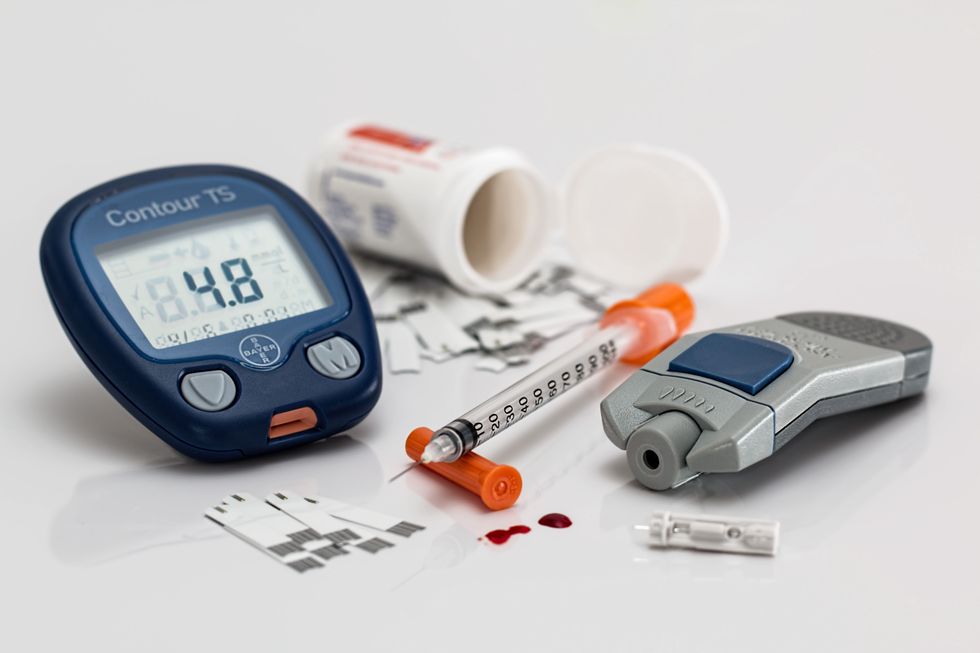Insulin is a naturally occurring hormone that help the body store the glucose it gets from food, and many people cannot maintain or utilize the necessary levels in their bodies. This affliction is most commonly known as diabetes. Most people who suffer from it must take two shots of insulin a day for good blood sugar control, but some need much more than that and take three or four per day.
There many kinds of insulin and each requires different actions after each injection. Rapid-acting is the most common and is taken 15 minutes or less before eating. Remembering to take the injection or bringing the medical tools around with them are a hassle and as we are humans, we are prone to accidents and forgetfulness.
A new study that requires one injection once about every 6 months will revolutionize the way people with diabetes take their medicine. The pharmaceutical giant Eli Lilly and Company are developing “living drug factories,” that encapsulate engineered cells that can be placed in the body to protect and release insulin over the course of months. Surrounding the cells with a thin polymer film to prevent the immune system from rejecting the foreign insulin cells while keeping the insulin nourished to extend its life. It will prevent the need for immunosuppressive drugs that further compromise the health of the individual.
In the clinical trials of non-human primates, the cells began producing insulin when blood sugar levels were not in homeostasis and were able to do so for the entirety of the 6 month trial. In addition, with the proper placement of the 1.5mm capsule, scar tissue does not build up allowing for discrete implementation and use.
Researchers are hopeful that other forms of medicine can be administered in the same fashion, eliminating the need for vaccinations, frequent visits to the doctor with cancer patients, and even for the use of simply building immune system strength.



















